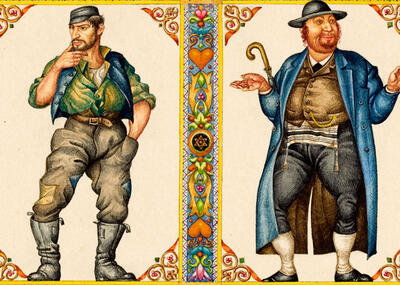Exodus and Revolution
Michael Walzer
1985
I
Since late medieval or early modern times, there has existed in the West a characteristic way of thinking about political change, a pattern that we commonly impose upon events, a story that we repeat to one another. The story has roughly this form: oppression, liberation, social contract, political struggle, new society (danger of restoration)…
The Exodus story created the paradigm of a moderate political revolution that enables communities to overcome oppression through political struggle over time and eventually leads to the creation of a new society. But gradually, oppressive forces return and the process repeats itself. In contrast, Walzer argues that the Exodus story also has a second pattern, what he calls an “offspring.” In this messianic paradigm, there is the possibility of a radical end to the slow historical progression of change. Walzer highlights how post-1967 Zionism adopted this messianic politics and, with it, moved toward an absolute politics that clashes with the message of the Exodus narrative.
Can you think of examples in recent political movements in your home country from both typologies of political change?
Why do you think that the messianic narrative emerged to challenge the dominance of what Walzer calls the Exodus political paradigm?
Does this interpretation of Exodus change your understanding of Jewish politics—either in the United States or in Israel?
Creator Bio
Michael Walzer
Michael Walzer, an American political philosopher, taught at Harvard and Princeton universities and is professor emeritus at the Institute for Advanced Study in Princeton, New Jersey. He serves as editor of Dissent magazine. Walzer’s writings explore nationalism, military intervention, just war theory, and Jewish political thought.
You may also like

Passover across Jewish Time and Space
Passover is the most celebrated holiday for American Jews. Yet, few appreciate the historical evolution and diversity of its key themes and messages.


